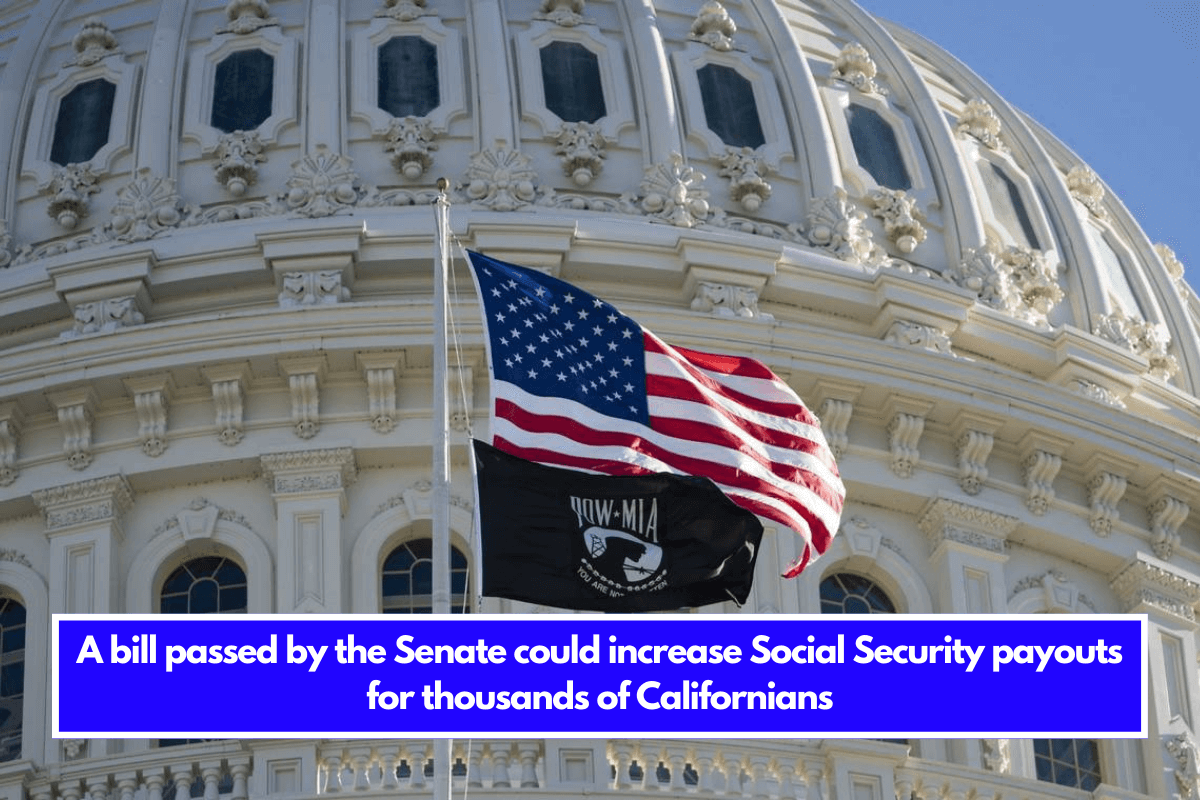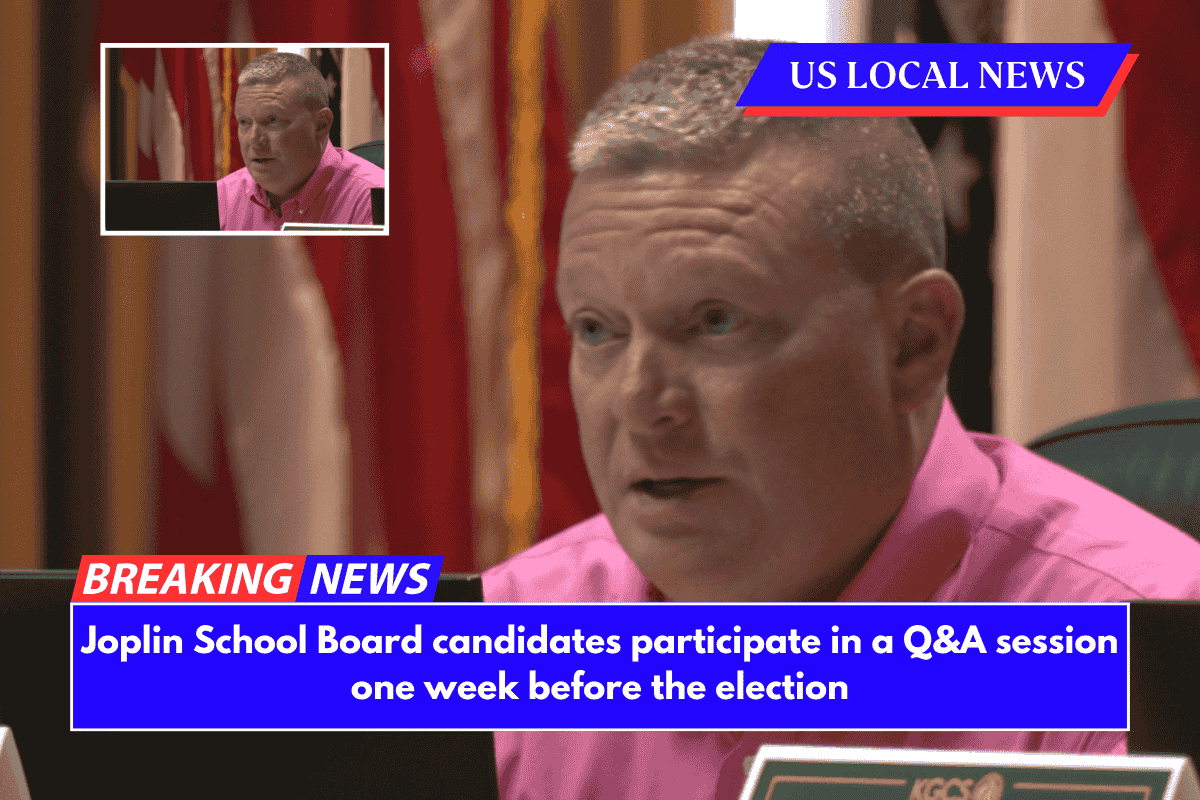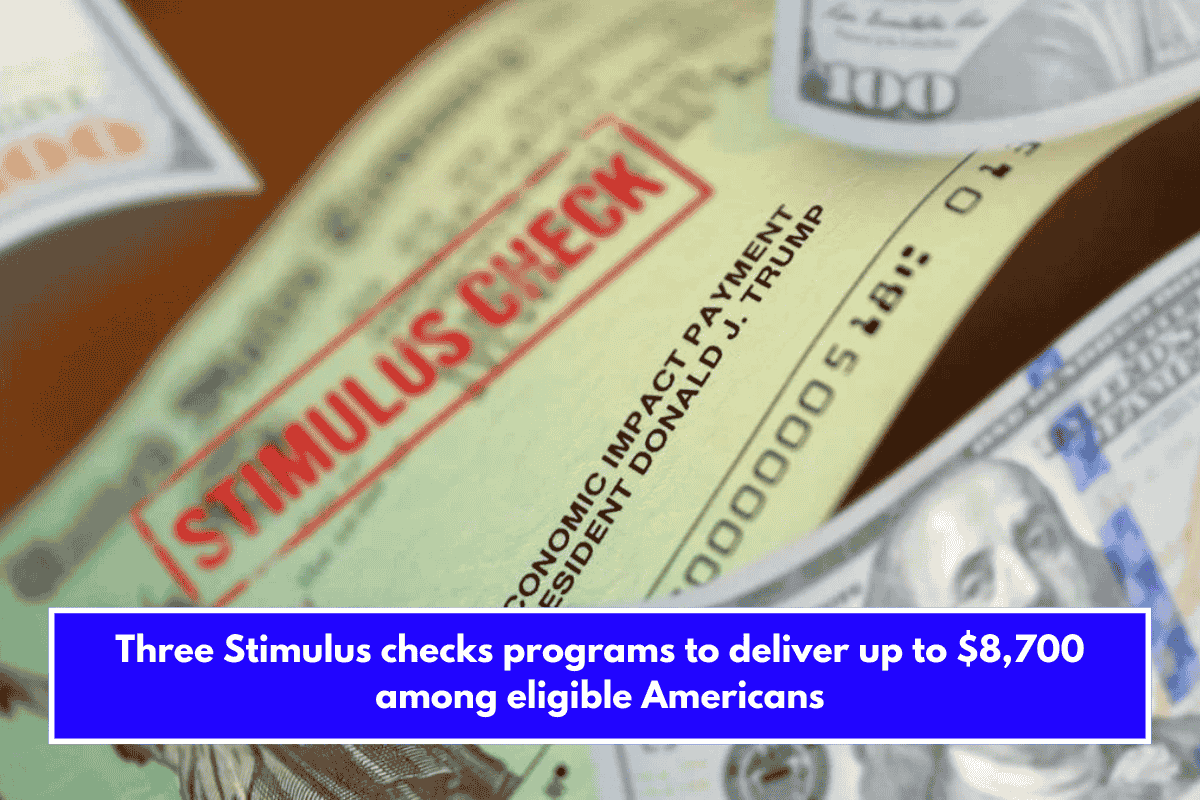Hundreds of thousands of Californians could receive additional Social Security benefits under legislation approved by the Senate last week.
Teachers, firefighters, and employees from the state, county, city, and district may be eligible for assistance.
They are people who paid into the Social Security system while working in qualifying jobs, but had their benefits reduced due to federal laws because they also worked for the government.
The House passed the bill overwhelmingly last month. Senators Alex Padilla and Adam Schiff, both Democrats from California, supported the bill.
The legislation would “ensure no American who has chipped into Social Security is wrongly denied their well-earned benefits,” Senate Majority Leader Chuck Schumer, D-N.Y., said as the Senate began considering the bill this week.
The nonpartisan Congressional Research Service estimated that the legislation could affect approximately 290,000 California public employees, the majority of whom are retirees.
CRS estimates that the legislation could benefit approximately 102,000 California spouses. In total, 6.3 Californians benefit from Social Security programs.
There is no estimate for the average benefit or when it will be available.

The Windfall Elimination Provision and Government Pension Offset would both be repealed.
The Windfall Elimination Provision reduces Social Security benefits for people who earned them while also receiving a public pension from employment that Social Security does not cover.
Someone who works as a teacher but also works as a counselor at a private camp during the summer may see their benefits reduced. Under the bill, they would receive the full Social Security benefit they have earned.
The Government Pension Offset reduces benefits paid to surviving spouses receiving a government pension, even if their husband or wife contributed to the system.
The changes are a “bipartisan victory for public sector employees and their families, who, like all Americans, deserve to collect the benefits they have earned,” stated Max Richtman, president and CEO of the National Commission to Protect Social Security and Medicare, an activist organization.
Despite the overwhelming congressional votes, there is widespread concern that the proposal will harm Social Security’s already precarious economic outlook.
Earlier this year, the program’s trustees estimated that if the new benefits were not passed, the program would become insolvent in 2035 at its current rate.
If no action is taken to help Social Security, beneficiaries will receive only about 83% of their benefit.
Critics were alarmed by the new spending. “We are racing toward our own fiscal demise,” said Maya MacGuineas, president of the nonpartisan Committee for a Responsible Federal Budget, a watchdog organization.
The new benefit, she said, “does nothing to address the windfalls they are intended to eliminate; instead, it simply restores windfalls for people who have other government pensions.” “What an incredible series of events.”
Senator Thom Tillis (R-N.C.) agreed. “A lot of people may think I am committing political suicide by doing this,” he said while opposing the bill. Tillis is up for re-election in 2026.
However, he stated prior to voting: “We are about to pass an unfunded $200 billion spending package for a trust fund that is likely to go insolvent over the next nine to 10 years, and we are going to pretend like somebody else has to fix it.”



















